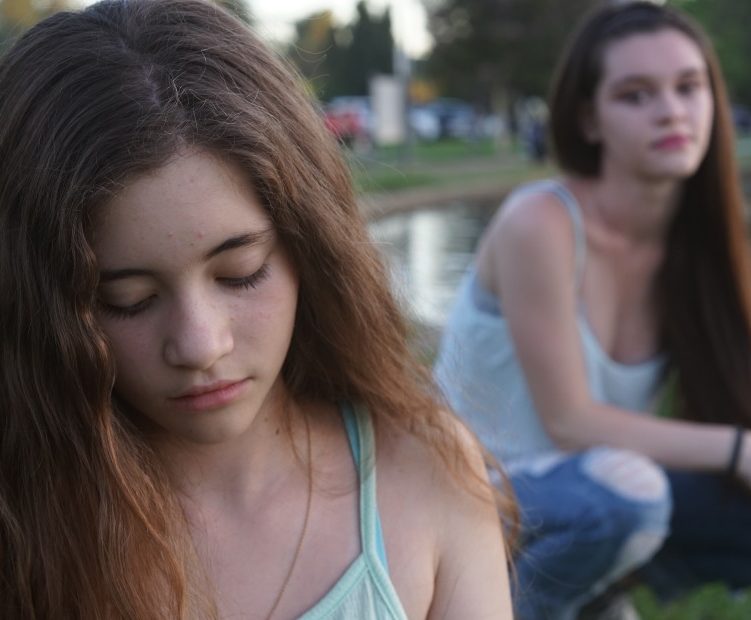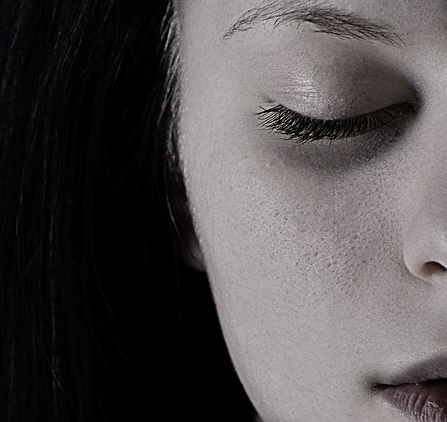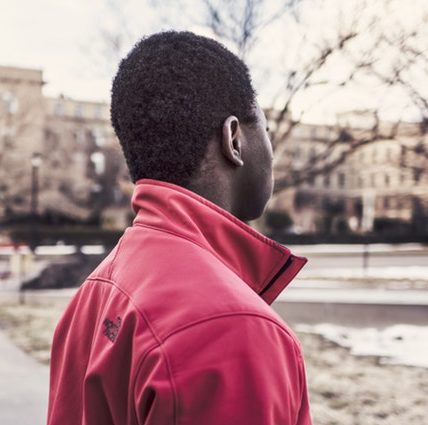 Being socially withdrawn and experiencing physical discomforts as a preteen is associated with a higher risk of having suicidal thoughts at age 16, according to a study published in the journal JAMA Network Open.
Being socially withdrawn and experiencing physical discomforts as a preteen is associated with a higher risk of having suicidal thoughts at age 16, according to a study published in the journal JAMA Network Open.
To the authors’ knowledge, “previous studies on suicidal thoughts mainly focused on (one category of) psychopathological symptoms such as depression, anxiety and psychotic symptoms,” said Dr. Shuntaro Ando, lead author of the study and associate professor in the department of neuropsychiatry at the University of Tokyo, via email.
But the current study examined the associations between the long-term trajectory of multiple categories of psychological and behavioral symptoms and suicidal thoughts.
Participants who experienced social withdrawal and somatic symptoms throughout adolescence were around two to three times more likely to experience suicidal thoughts at age 16, the study found.
The findings match what Dr. John Duffy, a Chicago-based psychologist who wasn’t involved in the study, has seen in his practice, he said via email.
“That is, teenagers that I’ve worked with who are socially withdrawn and experienced somatic symptoms — anxiety, in particular — early in adolescence have a far greater risk for suicidal ideation in mid and late adolescence,” added Duffy, author of “Rescuing Our Sons.”
The study is also helpful for parents and mental health professionals as it confirms more risk factors for teen suicide, which those groups are concerned about, said Dr. Christopher Willard, a teaching associate in psychiatry at Harvard Medical School in Boston and author of “Growing Up Mindful.”
Explaining the findings
The authors acknowledged a few important limitations of their work, including the lack of information about genetics and adverse childhood experiences. Additionally, psychological and behavioral symptoms were reported by caregivers, not the adolescents themselves.
But the link between social withdrawal and suicidal thoughts could be explained by the “loss of protective social connections,” according to the study.
What parents and guardians can do
Social withdrawal by choice is typically more concerning than being withdrawn because of exclusion by other kids, Willard said. But don’t interpret them withdrawing from you as a point of concern since that’s developmentally normal, and they may be replacing you with more time with peers.
You also shouldn’t assume “that the withdrawn symptoms are not a problem because the child has always been shy and prefers to be alone,” Ando said.
Having a support network can make mental health issues feel more manageable, he added. The lack of these things can sometimes influence how kids feel about themselves as the brain develops at an early age, resulting in a negative perspective that persists over time.
When it comes to whether your child is suicidal, keep an eye out for symptoms such as extreme mood swings, hopelessness, the giving away of cherished belongings, or obsession with death.
Seeking professional help early as a preventive approach to deeper issues later is important, Duffy said.
Excerpted from “If Your Teen Is Socially Withdrawn, Be on the Lookout for More Serious Problems” in CNN. Read the full article online for additional details.







